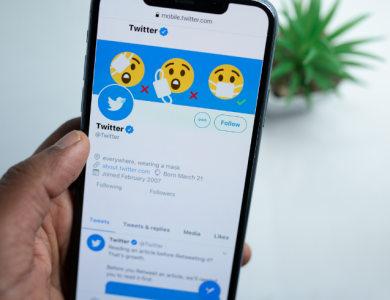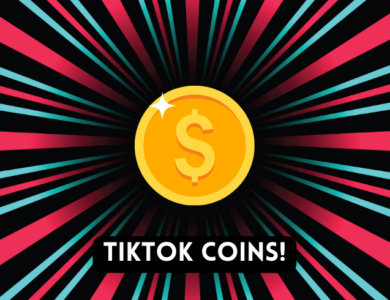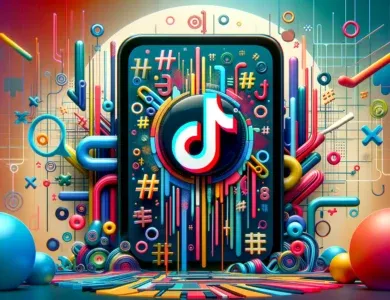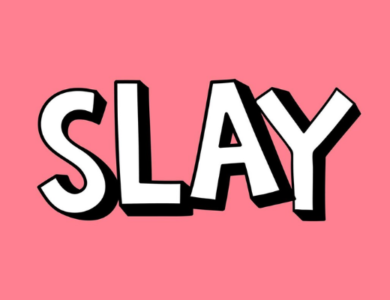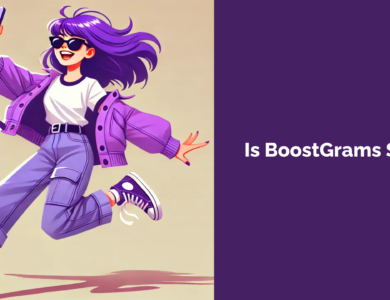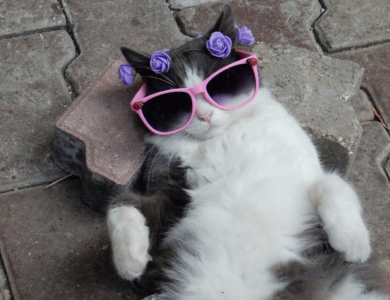
If you’ve been texting, scrolling through social media, or just trying to keep up with the ever-evolving online slang, you’ve probably come across the term “WTW.” Whether it’s in a group chat, direct message, or on platforms like Snapchat, Instagram, or Twitter, this abbreviation has become a popular part of everyday digital communication. But what exactly does it mean, and how can you use it appropriately?
In this article, we’ll break down the meaning of “WTW,” explore its usage, and provide examples to make sure you’re not left scratching your head the next time you see it pop up in a conversation.
Contents
The Meaning of “WTW”
“WTW” stands for “What’s the word?”
It’s a casual way of asking someone what’s going on, what they’re doing, or if they have any plans. It’s basically an informal way of saying “What’s up?” or “What’s happening?” and is often used when you want to start a conversation, check in on someone, or even make plans.
The simplicity and versatility of “WTW” make it a favorite for texters looking to keep their communication quick and relaxed.

When and How to Use “WTW”
The great thing about “WTW” is that it fits into various contexts without much effort. Here’s how you can use it in everyday situations:
- Starting a Conversation
If you haven’t talked to someone in a while, “WTW” is a great opener to reconnect:
You: WTW? Been a minute since we last caught up!
- Checking In on Someone
Whether you’re curious about what someone is doing or just want to show you care:
You: WTW? How’s your day been so far?
- Making Plans
If you’re trying to see if someone’s free or interested in hanging out:
You: WTW? You down for lunch later?
- Responding to Someone
When someone sends “WTW” your way, you can respond with:
“Not much, just chilling. You?” “Busy with work, what about you?”
Examples of “WTW” in Conversations
Let’s break it down with some real-world examples so you can see how natural it sounds:
Example 1: Reconnecting with a Friend
Alex: Yo, WTW? Jordan: Not much, just finished work. You? Alex: Same here. Wanna grab dinner?
Example 2: Making Plans
Sam: WTW? You doing anything tonight? Taylor: Nah, free as a bird. What’s the move? Sam: Bowling at 8? You in?
Example 3: Keeping It Casual
You: WTW? Your Friend: Not much, just scrolling TikTok. Wbu? You: Same here. Anything worth watching?
Variations of “WTW”
While “WTW” is straightforward, it often goes hand-in-hand with other popular texting slang. Here are a few variations and related phrases:
Abbreviation Meaning Usage WYA Where You At? Asking for someone’s location or plans WYD What You Doing? A casual way to ask what someone is up to LMK Let Me Know Requesting a response or confirmation HBU How About You? Returning the same question Combining these phrases often makes conversations flow more naturally. For example:
You: WTW? WYA? Friend: Just got home, hbu?
Why Is “WTW” So Popular?
Slang terms like “WTW” exist because they make communication faster and more casual, especially in digital spaces where brevity is key.
Here are a few reasons why people love using it:
- Simplicity: It’s short, easy to type, and doesn’t require much effort.
- Tone: It feels friendly and laid-back, perfect for casual conversations.
- Versatility: You can use it in almost any context, whether you’re starting a chat, checking plans, or just looking to connect.
Plus, abbreviations like “WTW” help people stay in sync with modern texting trends.
Is It Okay to Use “WTW” in All Situations?
While “WTW” works great in informal settings, it’s best to avoid it in professional or formal contexts. For example:
- Good for texting friends: Perfect for casual chats, group texts, and DMs.
- Not for work emails or formal messages: Stick to phrases like “How are you?” or “What’s happening?” in professional communication.
Using “WTW” in the wrong context could make you come across as too casual or unprofessional, so always consider your audience.
“WTW” is one of those internet abbreviations that just makes sense. It’s quick, friendly, and easy to use, whether you’re reconnecting with an old friend or making plans for the weekend. By understanding its meaning and usage, you’ll be able to integrate it seamlessly into your digital communication.
So, next time someone texts you “WTW?” don’t get caught off guard—just reply naturally and keep the conversation flowing.
WTW now? Drop someone a message and put your newfound texting skills to the test!

